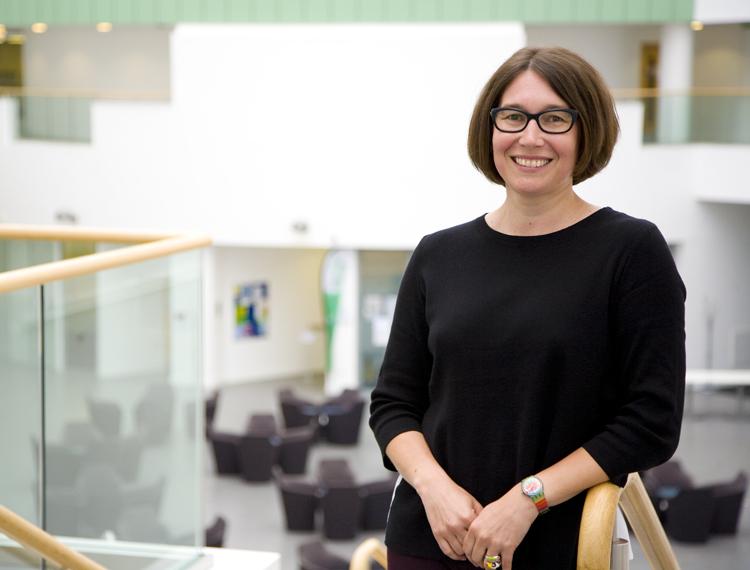Fostering STEM interests and careers for all

Science as a whole and in particular subjects in the life sciences sector, such as chemistry and biology, impact our everyday lives, from disease diagnosis to drug design and manufacturing as well as tackling environmental challenges. It is therefore of vital importance to entice young school pupils as well as mature individuals from all walks of life by exposing them to how “cool” science truly is!
To that end, many of us in the School of Pharmacy and Life Sciences at Robert Gordon University (RGU) have dedicated our time over the years to leading various outreach activities in the North East of Scotland and beyond.
With the Scottish Government being committed to education being based on the ability to learn, not the ability to pay, one of the most significant development for the School has been its involvement in RGU’s Access To programme, which has been developed by the Department for the Enhancement of Learning, Teaching and Access (DELTA).
The Access To programme engages with senior secondary school pupils from areas identified by the Local Authority as being deprived and low attainment schools. These pupils get the chance to take part in weekly, subject-focused learning opportunities on campus, for example in nursing, law or engineering.
In 2014, I developed and tailored a scientific programme for Access To, encompassing chemistry, biology and aspects of nutritional sciences, with the approach of “learning by doing”. The programme is delivered by a team of academic staff from across scientific disciplines and importantly is also supported by current students, which allows the pupils to have informal conversations about what studying these subjects at university is really like.
This approach has created a space and a means by which academic staff can implement different teaching practices and styles, to build confidence and engage with a diverse group of learners. It also shows the participating students the scope of a lecturer’s role and the diversity of careers within STEM by becoming a de facto teacher, as well as observing the impact that practical experiments can have on younger pupils.
Of course, as beneficial as the programme is for the teaching staff, the important effects are the ones on the participants themselves. The hands-on laboratory sessions involved enable pupils to develop key practical, communication and teamwork skills.
As the programme planning and delivery has been designed to recognise the challenging background some of the learners are progressing from, it promotes aspiration and opens pathways to help them realise their potential for higher education.
By the end of the programme, the pupils are able to showcase their abilities and everything they have learned to their parents, guardians and teachers.
A key benefit arising from the project is the engagement with secondary education providers to ensure that pupils are aware of the breadth of careers available to STEM graduates; from scientists investigating the marine kingdom and studying the effects of pollutants on our environment, contributing to the prevention, diagnosis and treatment of diseases, as well as becoming a science teacher or a science communication and being involves in policy making for local authorities. This enables the pupils to make better choices in their curriculum but also realise that they can further their education by going to college or doing an apprenticeship.
The innovative Access To programme has helped hundreds of young learners whose experience of social, economic and cultural challenges makes it less likely for them to apply to university. In the case of our own Life Sciences programme, we are now seeing pupils inspired by taking part, completing an HND and then successfully becoming RGU students, which is very pleasing and rewarding.
The project’s success, achieved within a relatively short time, has already realised benefits for participants, the institution, external partners and the wider region, with an increase in uptake in our STEM courses.
In addition to our ongoing work with the Access To programme, many of us in the School have taken part in visits to primary schools across the region, arranging workshops and demonstrations to exercise their scientific curiosity.
I see this approach of engaging with pupils at an early age as being absolutely vital for science to progress to higher levels among the next generation, particularly in our current political and scientific climate.
RGU has a strategic commitment to widening access to higher education across the board and we are putting STEM subjects at the forefront of these efforts. By working with local schools and continuing to develop innovative and leading programmes, I am confident that we can ensure Scotland’s scientific future is a bright one.
By Dr Marie Goua, Academic Strategic Lead in Biological Science from Robert Gordon University’s School of Pharmacy and Life Sciences

Responses